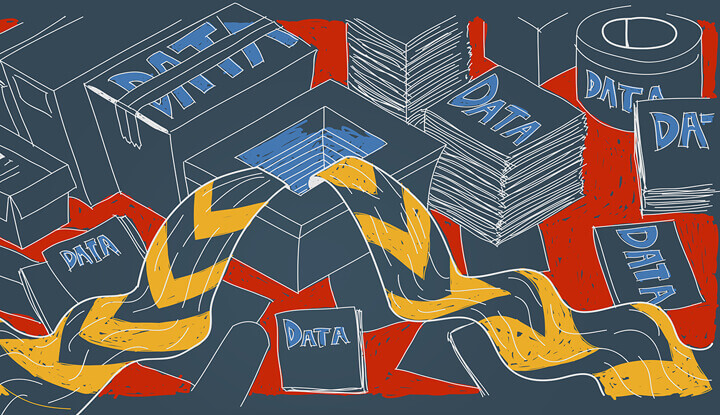
Technology has indeed positively altered the way any business is run. Almost every hotel owner knows the importance of guest satisfaction; this being one of the prime areas in bringing in revenue for a hotel property. But, how would you know? Data, lots of it!
Data allows you to understand a guest’s habits, predict decisions and understand their preferences. It’s the proper assimilation of data that will help hoteliers gain a deeper insight to improve the way the hotel functions.
While guest experience is often the most talked about subject amongst hoteliers, data, as a subject is not yet in the focus. Systematically collecting data and deriving actionable insights will help hoteliers deliver a meaningful experience. If customer experience is the prime concern, let’s understand how data collection can help hoteliers maintain existing customers and win over new ones to drive increased revenue.
Understanding Data
A hotelier can collect data through multiple methods – manually enter data on ledgers and excel sheets, or use hotel management systems that have centralized guest data (immensely useful for multi-property groups). Multiple data from different sources can be quite intimidating for a hotelier, and the primary concern lies in understanding the information before it is used.
a) A guest who wants to book online adds basic information such as name, age, address and duration of stay. He/she may also specify the room type. This kind of information is categorized as frontline data.
b) A guest may communicate his/her preferred cuisines, or make special requests. This information communicated with the hotel’s staff belongs to the spontaneous data category.
c) A guest may use the hotel’s fitness center or some members may show preference for a spa experience. This information is dependent on the guest’s behaviour at the property and is categorized as behavioural data. Any hotelier can track and observe this behaviour through the system that maintains a record of the transactions done at the hotel property.




